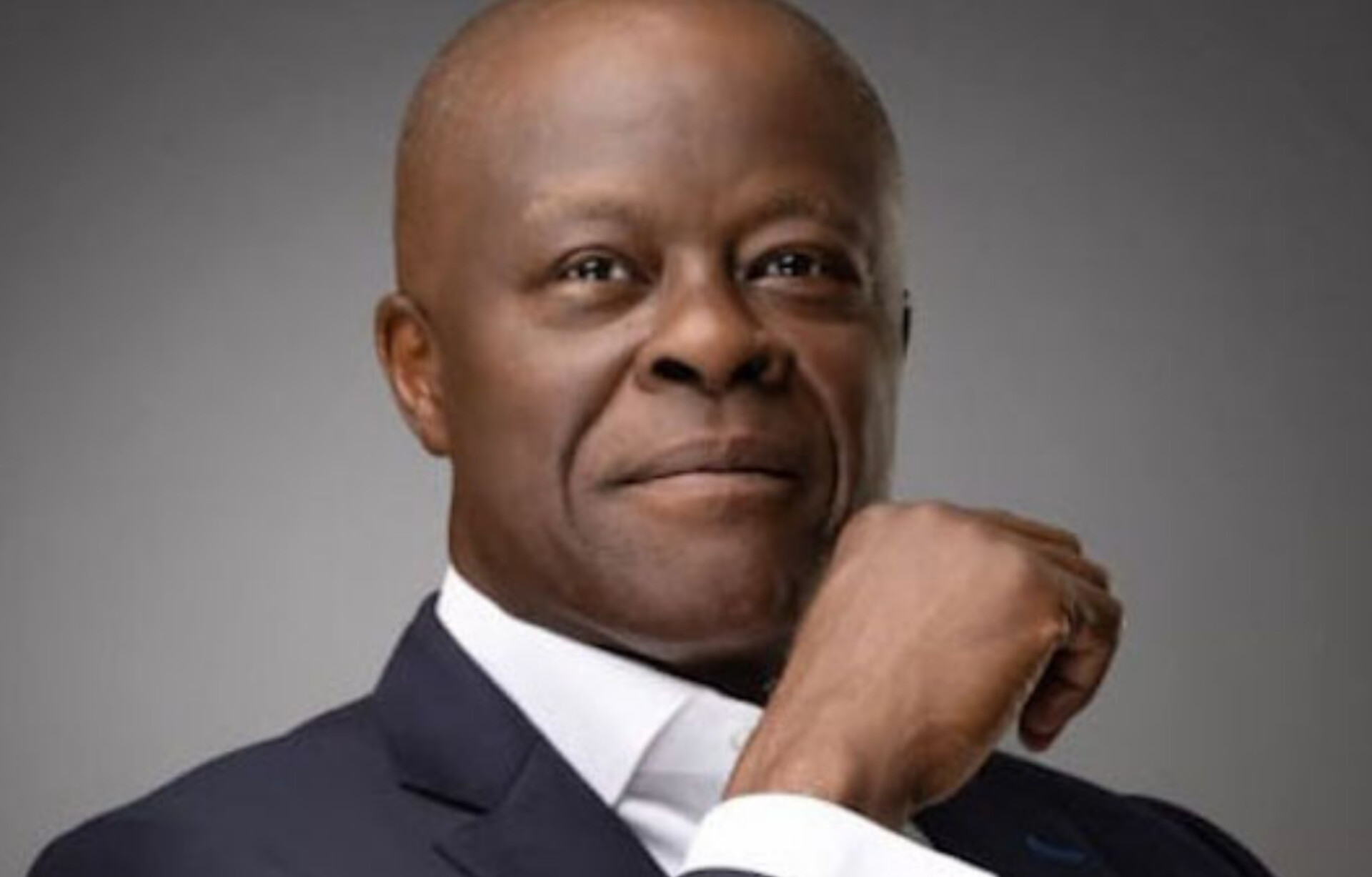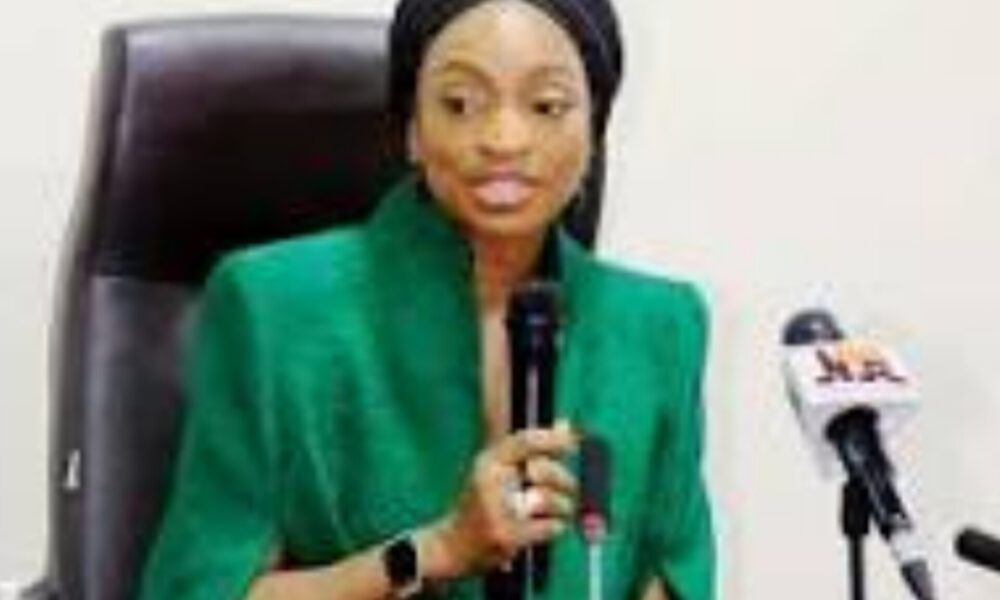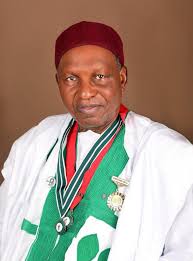****Says, adequate revenue needed to fund Budgets
***As Senate panel raises concerns over MDAs poor revenue projections, leakages
Nigeria can not continue in its borrowing habit to fund 2023 national budget, the Minister of Finance and Coordinating Minister for the Economy, Mr. Wale Edun has indicated

He said the country has no option but to make necessary sacrifices to generate adequate revenues to reduce its current high deficit financing.
The Minister spoke on Thursday when he appeared before the joint Senate Committee scrutinising the 2024-2026 Medium Term Expenditure Framework and Fiscal Strategy Paper under the leadership Senator Sani Musa.
Edun briefed the joint panel in company of the Executive Chairman, Federal Inland Revenue Service (FIRS), Mr. Zacch Adedeji and the Director General of the Debt Management Office, Ms. Patience Oniha, before the lawmakers called for a closed session.
The Minister insisted that the best way Nigeria could fund its annual budgets was to spend more money on infrastructure that could generate revenues.
He also indicated that the advanced countries have increased their interest rates because they wanted to bring down inflation rate to stabilize their economy.
The Minister pointed out that accessing foreign loans would therefore be very expensive for a developing country to cope with.
Edun said, “Clearly the environment that we have now, internationally as well as nationally we are in no position to rely on borrowing.
“We have an existing borrowing profile. Our direction of tariff is to reduce the quantum of borrowing or intercepting deficit financing in the 2024 budget.
“Simply put internationally there is focus among rich countries on bringing down the inflation rate to stabilize the economies and give them opportunity for investment growth.
“They are in the process, sacrificing that immediate goal for compacting their economies, or at least contracting the money supplies and pushing up the interest rates and of course high interest rates and investments don’t go together.
“What is left for us to access those funds are expensive so it is the last thing that we must rely on.
“As we know we have all the figures and debt servicing and cushioning 98 per cent of government revenue.
“The last thing you can think of is to pike on more debts. Government needs to not just maintain its activity, it needs to spend more.if you look at government spending, if you look at the budget as a percentage of GDP, ours is one of the lowest bein 10%, even Ghana is at 25%, rich ones they are 50%.
“The very rich countries have to be most advanced in terms of social safety nets and its social security system at 70% of GDP. Government spending definitely will lead to increase.
“The number one source of revenue especially in short term, even in the medium term is all revenue.”
Earlier, Musa, the Chairman of the joint panel scrutinising the MTEF-FSP document expressed the fears that the revenue projections of the ministries, departments and agencies of the federal government that had so far appeared before his panel were a far cry to the what the Federal Government was proposing as income in the 2024 fiscal year.
He noted that going for external interventions would definitely be an option because it would further push the country to further deficit financing.
Musa said, “Currently there are lots of leakages in the use of government resources.
“A lot of funds being generated as revenues by most MDAs are not being remitted as at when due. Some even remits funds a year after they collected the money.
“The office of the Accountant General of the Federation should look properly in that direction.
“The current practice of delaying the remittances of revenues by the MDAs had created a room for the misappropriation of those funds.
“After meeting with the Nigerian Customs Service officials yesterday, we realise that there were lots of shortfalls they are experiencing as a result of incidences of waivers.
“We want to know who is issuing those waivers. Is it the FIRS or the Ministry of Finance?
“We are also interested in knowing details of the Customs modernization project, known as e-customs.
“The Senate Committee on Finance is interested in known the type of agreement that was signed on behalf of the Federal Government of Nigeria.
“What is the value of the e-customs agreement. How much is Nigeria expecting?
“We are tired of judgement debts all over the places. We need to know the plans on ground to collect excise duties and other tariffs so that we won’t run a deficit budget again next year.”




